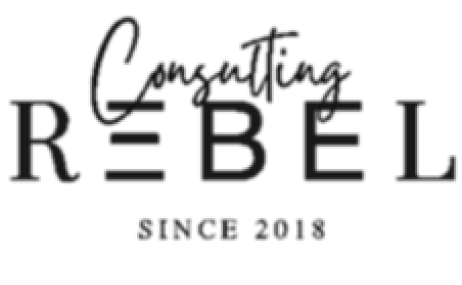Secure Your Legacy: Tailored Life Insurance Solutions:
Whether you're safeguarding your family's future, protecting your
business, or planning your estate, our customized life insurance
solutions are designed to fit your unique needs and aspirations.
Secure Your Legacy: Tailored
Life Insurance Solutions
Whether you're safeguarding your family's future,
protecting your business, or planning your estate, our
customized life insurance solutions are designed to fit
your unique needs and aspirations.

Whole Life:
Whole life insurance is a permanent life insurance policy that provides
coverage for the entire lifetime of the insured individual. It pays out a
death benefit to beneficiaries upon the insured's death. Additionally,
whole life policies accumulate cash value over time, which can be
borrowed against or withdrawn.
Key Features:
Premiums remain level throughout the policyholder's life.
Cash value accumulation with tax-deferred growth.
Guaranteed death benefit for beneficiaries.
Policyholders may receive dividends based on the insurer's
financial performance.
Term Life:
Term life insurance provides coverage for a specific period,
such as 10, 20, or 30 years. If the insured passes away
during the term, a death benefit is paid to beneficiaries.
However, if the policyholder survives the term, there is no
payout, and the coverage typically expires. It is a more
straightforward and cost-effective option.
Key Features:
Lower premiums compared to whole life insurance.
Temporary coverage for a specified term.
No cash value accumulation.
Ideal for individuals with temporary insurance needs,
like covering a mortgage or providing for dependents
during a specific period.


Universal Life:
Universal life insurance is a flexible permanent life insurance policy
that combines a death benefit with a savings component. Policyholders
can adjust the premium payments and death benefit over time, providing
flexibility in response to changing financial circumstances.
Key Features:
Adjustable premiums and death benefits.
Cash value component with potential interest earnings.
Allows policyholders to invest the cash value in various sub-accounts.
Offers the ability to borrow against the cash value.
Retirement Accounts:
Retirement accounts are investment vehicles designed to
help individuals save for retirement. Two common types are
Traditional IRAs and Roth IRAs.
1. Traditional IRA:
Contributions may be tax-deductible, reducing taxable income.
Earnings grow tax-deferred until withdrawal.
Withdrawals are generally taxed as ordinary income.
Required Minimum Distributions (RMDs) begin at age 72.
2. Roth IRA:
Contributions are made with after-tax dollars.
Earnings and qualified withdrawals are tax-free.
No mandatory withdrawals during the account holder's lifetime.
Provides flexibility and tax advantages in retirement.


Mutual Funds:
Mutual funds pool money from multiple investors to invest in
a diversified portfolio of stocks, bonds, or other securities.
Diversification: Investors benefit from a range of assets, reducing risk.
Professional Management: Fund managers make investment decisions.
Liquidity: Investors can buy or sell shares at the end of the trading day
Variety of Funds: Different funds cater to various risk appetites and investment goals.

Whole Life:
Whole life insurance is a permanent life insurance policy that provides coverage for the entire lifetime of the insured individual. It pays out a death benefit to beneficiaries upon the insured's death. Additionally, whole life policies accumulate cash value over time, which can be borrowed against or withdrawn.
Key Features:
Premiums remain level throughout the policyholder's life.
Cash value accumulation with tax-deferred growth.
Guaranteed death benefit for beneficiaries.
Policyholders may receive dividends based on the insurer's financial performance.

Term Life:
Term life insurance provides coverage for a specific period, such as 10, 20, or 30 years. If the insured passes away during the term, a death benefit is paid to beneficiaries. However, if the policyholder survives the term, there is no payout, and the coverage typically expires. It is a more straightforward and cost-effective option.
Key Features:
Lower premiums compared to whole life insurance.
Temporary coverage for a specified term.
No cash value accumulation.
Ideal for individuals with temporary insurance needs, like covering a mortgage or providing for dependents during a specific period.

Universal Life:
Universal life insurance is a flexible permanent life
insurance policy that combines a death benefit with a
savings component. Policyholders can adjust the
premium payments and death benefit over time,
providing flexibility in response to changing
financial circumstances.
Key Features:
Adjustable premiums and death benefits.
Cash value component with potential interest earnings.
Allows policyholders to invest the cash value in various sub-accounts.
Offers the ability to borrow against the cash value.

Retirement Accounts:
Retirement accounts are investment vehicles designed to help individuals save for retirement. Two common types are Traditional IRAs and Roth IRAs.
1. Traditional IRA:
Contributions may be tax-deductible, reducing taxable income.
Earnings grow tax-deferred until withdrawal.
Withdrawals are generally taxed as ordinary income.
Required Minimum Distributions (RMDs) begin at age 72.
2. Roth IRA:
Contributions are made with after-tax dollars.
Earnings and qualified withdrawals are tax-free.
No mandatory withdrawals during the account holder's lifetime.
Provides flexibility and tax advantages in retirement.

Mutual Funds:
Mutual funds pool money from multiple investors to invest in a diversified portfolio of stocks, bonds, or other securities.
Diversification: Investors benefit from a range of assets, reducing risk.
Professional Management: Fund managers make investment decisions.
Liquidity: Investors can buy or sell shares at the end of the trading day
Variety of Funds: Different funds cater to various risk appetites and investment goals.
Client Testimonials
Success stories and quotes from satisfied clients.

“Kandace helped us get out of tax debt. They were threatening to garnish our wages when she
guided us through tax relief and now we
can’t thank her enough!”

Mr & Mrs. Lumus
Position, Company name

“The Consultation was so thorough I was able to use the material and advice she gave me from my analysis and purchase my first home! Kandace walked me through every step. Her passion for teaching financial literacy made everything so much easier. I
referred my whole family!”

Demarkeo Collins
Position, Company name

“My credit went up 164 points after purchasing the DIY credit repair book! I can't be more happy”

Alisha Ross
Position, Company name
Client Testimonials
Success stories and quotes from satisfied clients.

“Kandace helped us get out of tax debt. They were threatening to garnish our wages when she guided us through tax relief and now we can’t thank her enough!”

-Mr & Mrs. Lumus
Position, Company name

“The Consultation was so thorough I was able to use the material and advice she gave me from my analysis and purchase my first home! Kandace walked me through every step. Her passion for teaching financial literacy made everything so much easier. I referred my whole family!”

Demarkeo Collins
Position, Company name

“My credit went up 164 points after purchasing the DIY credit repair book! I can't be more happy”

Alisha Ross
Position, Company name
FAQs
:Answers to common questions about tax preparation and consultation.
:Answers to common questions about tax
preparation and consultation.
Why do I need life insurance?
Life insurance provides financial protection for your loved ones in the event of your death. It helps cover funeral expenses, outstanding debts, and provides financial support for beneficiaries.
How much life insurance do I need?
The amount varies based on factors like income, debts, and future expenses. Consider your family's financial needs, such as mortgage payments, education costs, and daily living expenses.
What is the difference between term and whole life insurance?
Term life insurance covers a specific period, while whole life insurance provides coverage for your entire life. Term is typically more affordable, while whole life builds cash value over time.
Contact
1441 Wodmont Ln.
NW Suite #2441
Atlanta, GA 30318
Mon to Sat 10am - 6pm
2024 R3DRebelConsulting. All right reserved.
Privacy Policy
Terms of Service
Cookies Settings

